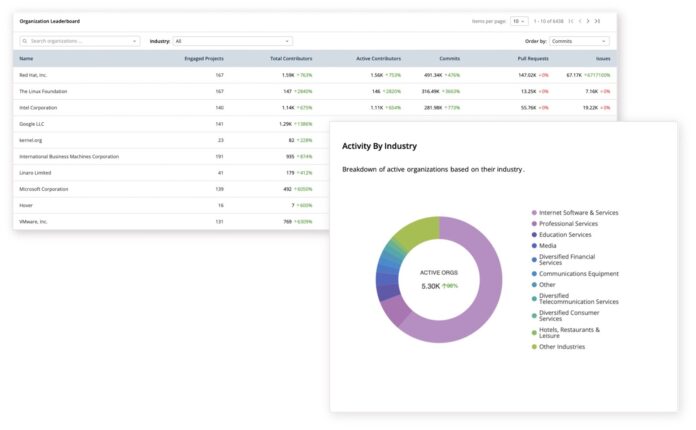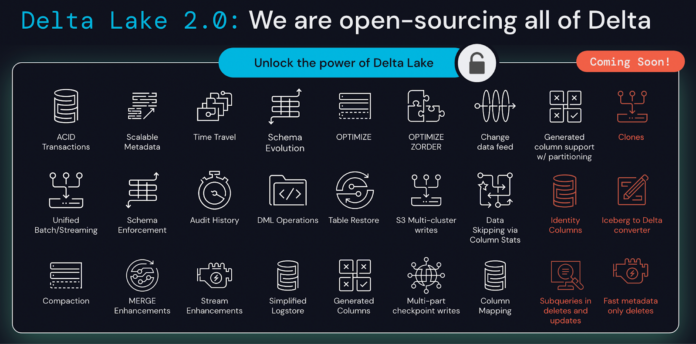Read the original blog here Read More
Sysadmin fundamentals: Create soft links in Linux
Symbolic links (also called “soft” links) are files that point to a file or directory in your system, but don’t mirror the other file’s data.
Read More at Enable Sysadmin
How to create a Kubernetes operator
The Kubernetes Operator Framework is an open source toolkit that manages Kubernetes operators in an effective, automated, and scalable way.
Read More at Enable Sysadmin
Sysadmin basics: Create hard links in Linux
A hard link looks like a new file but points back to the data in the original file.
Read More at Enable Sysadmin
Introduction to Kubernetes operators for sysadmins
Learn about Kubernetes operators and when you should use them—and when you shouldn’t.
Read More at Enable Sysadmin
10 ways to use the Linux find command
10 ways to use the Linux find command
Image
Image by Markus Winkler from Pixabay
Discover what you’re looking for, find misplaced data, and troubleshoot everyday problems with this handy Linux command.
Posted:
October 7, 2022
|
%t min read
|
by
Seth Kenlon (Editorial Team, Red Hat)
Topics:
Command line utilities
Linux
Read the full article on redhat.com
Read More at Enable Sysadmin
The OpenChain Security Assurance Specification 1.1 Is Now Available
Read the original blog here Read More
How to migrate data to a distributed database with ShardingSphere
Apache ShardingSphere’s new elastic migration feature lets you move data from a single database to a distributed database in an SQL-like manner.
Read More at Enable Sysadmin
My 3 favorite Podman features
Podman has plenty of great features that help you run containers better. These are my top three.
Read More at Enable Sysadmin



